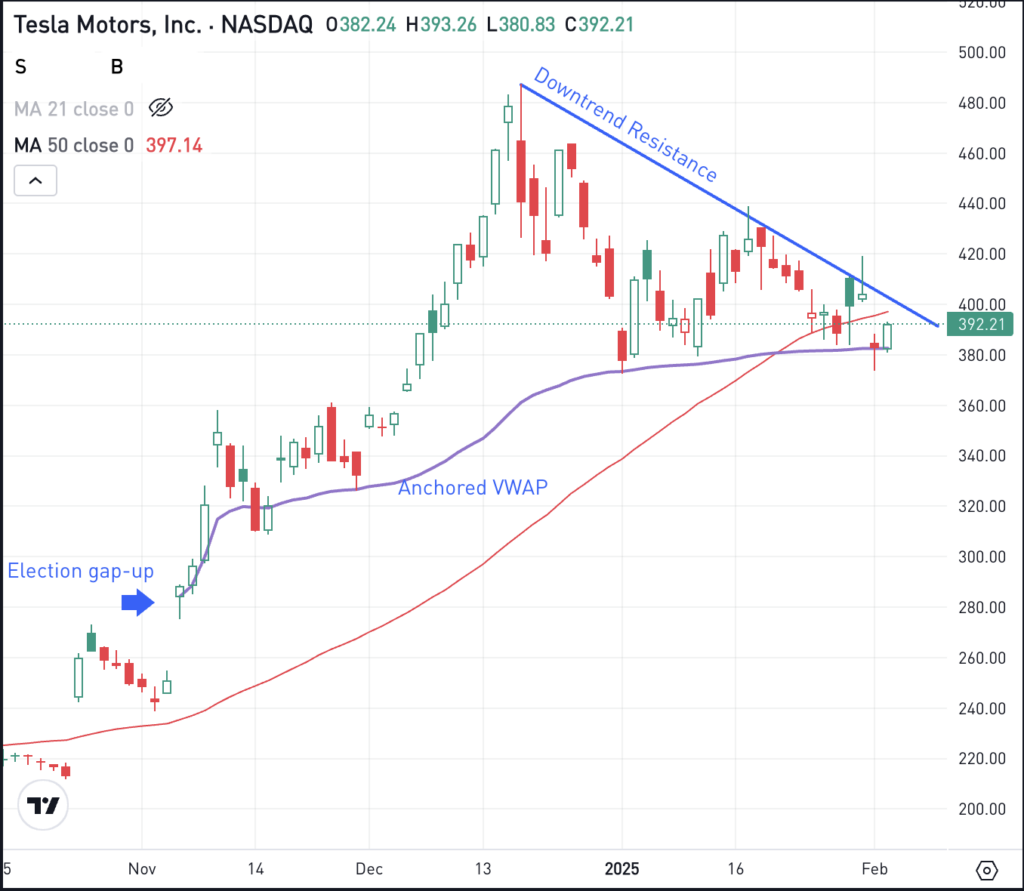Tesla Stocks: A Comprehensive Guide To Investing In The Future Of Electric Vehicles - Tesla's stock success is driven by a combination of factors, including its innovative products, strong brand recognition, and strategic partnerships. Below are some of the key drivers contributing to Tesla's stock performance: For instance, Tesla's current P/E ratio is significantly higher than the industry average, reflecting investor optimism about its future growth. However, this high valuation also makes Tesla stocks more vulnerable to market corrections and changes in investor sentiment.
Tesla's stock success is driven by a combination of factors, including its innovative products, strong brand recognition, and strategic partnerships. Below are some of the key drivers contributing to Tesla's stock performance:
Tesla is renowned for its cutting-edge technology, including the development of advanced battery systems, autonomous driving capabilities, and sleek vehicle designs. These innovations have set Tesla apart from its competitors and fueled investor confidence.
Tesla operates in a highly regulated industry, and changes in government policies could affect its business model and stock performance. Investors should monitor regulatory developments closely to assess their potential impact on Tesla's operations.

Elon Musk's influence on market sentiment cannot be overstated. His tweets and public appearances often spark volatility in Tesla stocks, as investors react to his statements and announcements. While this can create opportunities for short-term traders, long-term investors should focus on the fundamentals driving Tesla's success.
Tesla's future prospects are bright, with the company poised to benefit from the global shift toward sustainable energy solutions. Key growth drivers include:
Tesla is aggressively expanding its presence in emerging markets, such as China and Europe, where demand for EVs is growing rapidly. This expansion is expected to drive revenue growth and enhance Tesla's market position.
Tesla has formed partnerships with various companies and governments to expand its reach and accelerate the adoption of EVs. These collaborations have provided Tesla with access to new markets and resources, further enhancing its stock performance.
These figures underscore Tesla's dominance in the EV industry and highlight its potential for continued growth. Investors should monitor these metrics closely to assess Tesla's progress and stock performance.
Today, Tesla stocks are synonymous with innovation and growth. Investors are drawn to the company's ambitious goals, such as achieving mass-market EV production and expanding into renewable energy solutions.
Despite occasional volatility, Tesla stocks have maintained an upward trajectory, attracting both institutional and retail investors. The stock's performance is closely monitored by analysts and investors alike, as it serves as a barometer for the EV industry's potential.
Valuing Tesla stocks requires a thorough analysis of the company's financials, growth prospects, and competitive position. Analysts use various valuation methods, such as discounted cash flow (DCF) analysis and price-to-earnings (P/E) ratios, to estimate Tesla's intrinsic value.
Despite its high valuation, Tesla stocks continue to attract investors who believe in the company's long-term potential. However, it's essential to consider the risks associated with investing in high-growth companies like Tesla and ensure that the valuation aligns with your investment goals.
